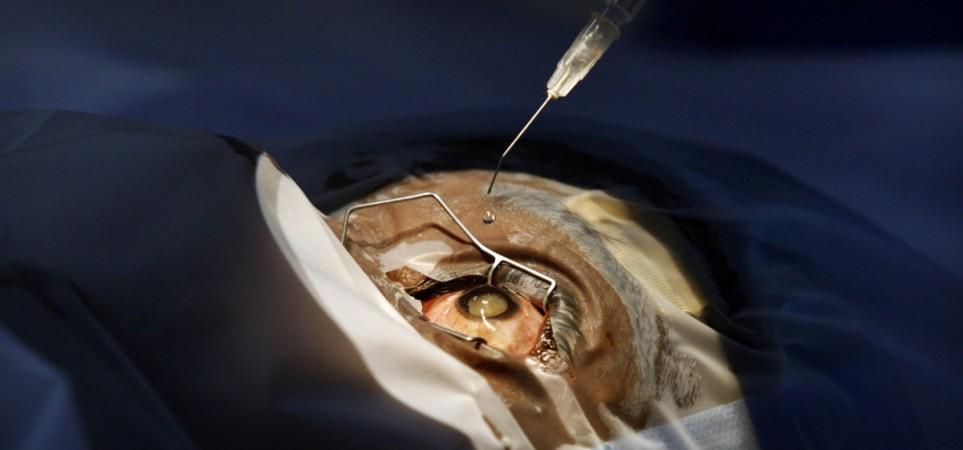
The Drug Controller General of India (DCGI) has withdrawn the alert on stopping the use of Bevacizumab, a cancer drug sold under the brand name of Avastin, which also used to treat vision loss by injecting into the eye.
The DCGI, in a notification dated March 9, said an expert committee constituted by the health ministry had recommended withdrawal of the alert, which was accepted by the ministry.
The DCGI had issued an alert Jan. 21 to stop the use of Bevacizumab as a precautionary measure in the wake of some incidents of partial blindness at a Gujarat hospital due to the use of the injection.
The notification said the DCGI was requested to take necessary measures to withdraw the alert notice, which was primarily issued as a precautionar in light of partial blindness reported in Gujarat.
The expert committee which gave a nod to the use of Bevacizumab observed the World Health Organisation (WHO) had recommended Bevacizumab injection use by including it in the list of essential medicines. The regulatory agencies of France and Italy, according to the committee, have also allowed its off-label use, the notification said.
The committee also observed Bevacizumab injection use would be affordable for patients suffering from eye diseases as it is 40 times cheaper than other available drugs in India. The efficacy and safety of the drug, according to the committee, is proven by over 2,500 studies published globally.
The DCGI in its notification said the All India Ophthalmological Society and Vitreo Retinal Society of India would formulate guidelines for safe and effective use of Bevacizumab for ophthalmic (eye-care) purposes.
According to the American Academy of Ophthamology, Bevacizumab, under the brand name Avastin, is a drug injected into the eye to slow vision loss in people who have age-related macular degeneration.
Avastin was initially approved by the U.S. Food and Drug Administration (FDA) as a treatment for different types of cancer. Its use to treat eye diseases is considered an "off-label" use. The USFDA allows the use of Bevacizumab in conditions other than those for which it is approved only if doctors are well informed about the product, and the drug is proven to have shown positive effects.

















